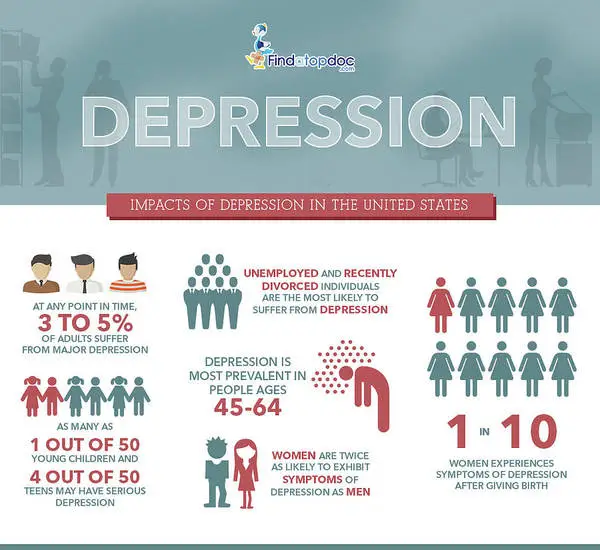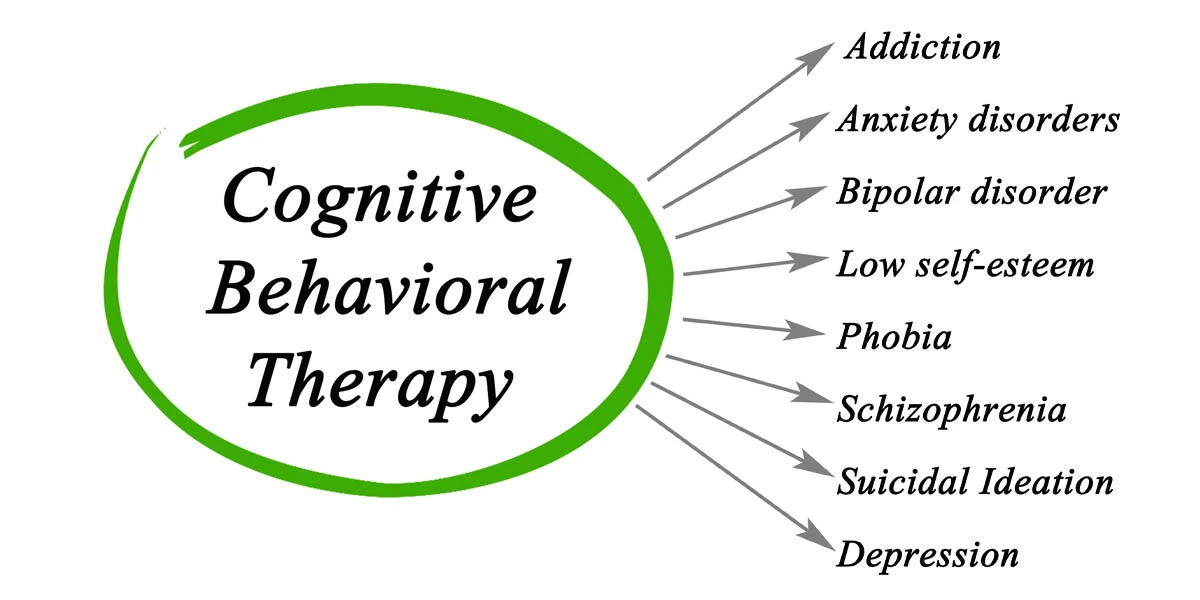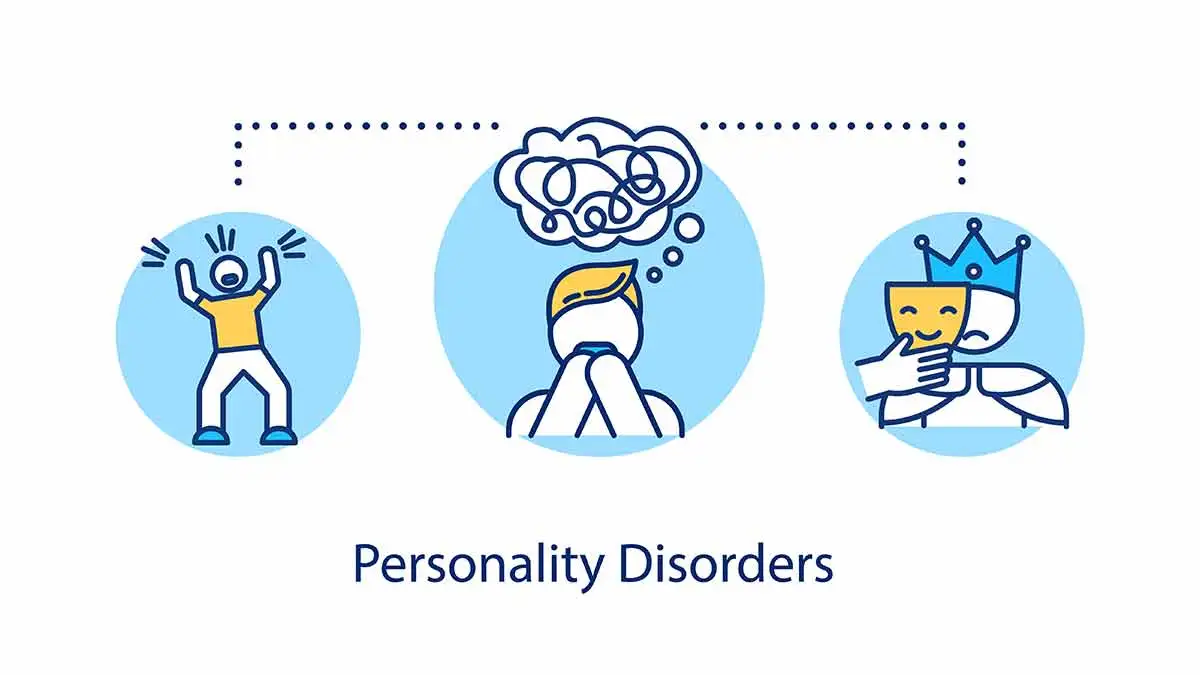The human mind is a complex and fascinating entity that has puzzled scientists, philosophers, and scholars for centuries. Understanding the intricacies of the human mind and behavior has been a primary focus of the field of psychology, which seeks to explore the various factors that influence the way people think, feel, and behave. In this article, we will explore some of the key concepts of psychology that help us to better understand the human mind and behavior.
One of the primary factors that shape our behavior is the environment in which we live. Our physical surroundings, social context, and cultural norms all play a role in shaping our thoughts and actions. For example, research has shown that people who grow up in violent or abusive homes are more likely to exhibit aggressive behavior later in life. Similarly, people who live in poverty may struggle with issues of self-esteem and self-worth, which can contribute to mental health issues like depression and anxiety.
Another key factor that influences our behavior is our biology. The brain is a complex organ that controls our thoughts, emotions, and behavior. Different areas of the brain are responsible for different functions, such as memory, language, and emotion regulation. Research has shown that certain neurotransmitters, such as dopamine and serotonin, play a role in mood regulation and can impact our behavior. Similarly, hormones like cortisol and testosterone can influence our stress response and social behavior.
Personality is another important factor that shapes our behavior. Personality refers to the unique set of traits and characteristics that make up an individual’s way of being. These traits can be grouped into five broad categories: openness, conscientiousness, extroversion, agreeableness, and neuroticism. Research has shown that these personality traits can influence a wide range of behaviors, from career choice to romantic relationships.
Social psychology is another subfield of psychology that explores the ways in which people are influenced by others. Social psychologists study phenomena such as conformity, obedience, and group dynamics. They seek to understand how people make decisions in social situations, and how they are influenced by the opinions and actions of others. For example, the famous Milgram experiment showed that people were willing to inflict pain on others when instructed to do so by an authority figure.
Cognitive psychology is another sub field of psychology that explores the ways in which we process information. Cognitive psychologists study topics such as perception, attention, memory, and language. They seek to understand how we learn, remember, and think about the world around us. For example, research has shown that people can only hold a limited amount of information in their working memory at any given time. This has important implications for education and learning.
One of the most important areas of psychology is clinical psychology, which is focused on the diagnosis and treatment of mental health issues. Clinical psychologists work with individuals who are struggling with issues such as depression, anxiety, and addiction. They use a variety of techniques, such as cognitive-behavioral therapy and medication, to help their clients manage their symptoms and improve their overall quality of life.
Another important area of psychology is developmental psychology, which explores the ways in which people grow and change over time. Developmental psychologists study topics such as language development, cognitive development, and social development. They seek to understand how people develop from infancy to adulthood, and how different experiences can influence this development. For example, research has shown that early childhood experiences can have a significant impact on adult mental health.
In conclusion, the human mind and behavior are complex phenomena that can be influenced by a wide range of factors, including environment, biology, personality, and social context. The field of psychology seeks to understand these factors and how they interact to shape our thoughts and actions. By studying psychology, we can gain a deeper understanding of ourselves and others, and learn how to manage our emotions and behaviors in more effective ways.
![]()





